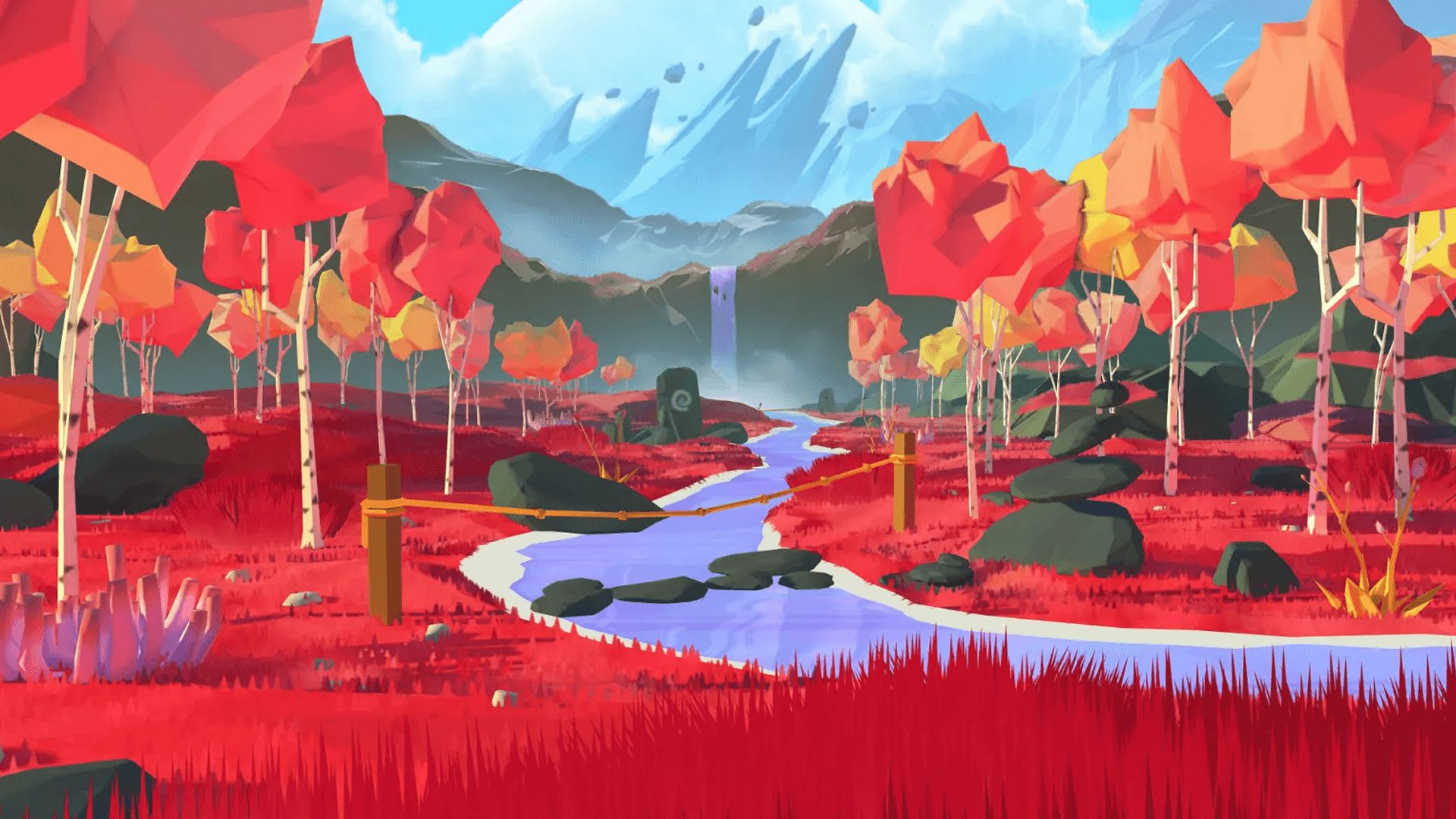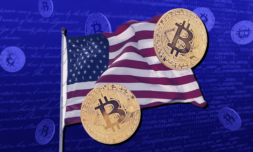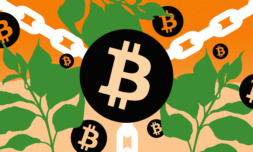If you thought Facebook’s Metaverse was confusing, strap in for Decentraland. Running on a blockchain system, this virtual world allows people to create avatars, buy virtual land, attend events, and set up crypto businesses.
Imagine The Sims, but with very real ramifications and you get Decentraland.
Billed as the world’s first fully-decentralised virtual world, this metaverse spawned in 2017 and has steadily grown in popularity alongside cryptocurrency.
Running on an Ethereum blockchain system, the project started as nothing but a pixelated grid that offered digital space to buyers. Today, however, Decentraland has evolved into a charming 3D world that looks remarkably like Roblox.
Originally created in 2015 by two Argentinian entrepreneurs, the platform is now overseen by a larger non-profit called the Decentralised Foundation.
Within this space, users today can create customisable avatars and roam around collecting wearables, buying plots of land, attending events, and enjoying user-generated businesses – like a theme park or casino, for instance.
Head here to delve into the madness yourself.
An amalgamation of crypto culture
With endless NFT assets, the whole teen Clubhouse obsession, and memeable coins trading for ridiculous figures, naturally it was only a matter of time before someone upped the ante again. Decentraland is an amalgamation of just about all crypto culture you can think of.
Upon creating your own character, you’ll be thrown into an introduction server full of walking Doge avatars, QR code advertising boards linking to NFT marketplaces, and interactive screens full of different events.
The fact that the servers are completely decentralised – with no real third party regulators – leaves scope to create almost anything, and the world has a digital currency all of its own called MANA. Dystopian or convenient, you decide.
Trading at approximately $4.72 USD (yes, really), users are taking up real estate with the largest land purchase topping $2.38 million USD. On these digital plots, people are creating entire villages, member clubs, and are raking in serious real-life profit from trading.
Much like Fortnite, Decentraland has already hosted virtual music festivals attracting headliners like DeadMau5 and Paris Hilton. Presumably, the names will become more illustrious as cash flow expands.
Unsurprisingly, big companies are already allured by the platform’s lucrative potential. Reports are also emerging that the government of Barbados is planning to open a fully functioning digital embassy in January. Eerie, right?
The @dcllandbot having fried its circuits, we’re pleased to officially announce the largest metaverse land purchase ever! Congrats to @tokens_com and @Metaverse_Group for securing a 116 parcel estate in the DCL fashion precinct. And if you’re in the fashion industry – get ready! pic.twitter.com/IGyb4nbZQW
— Decentraland (@decentraland) November 23, 2021




















